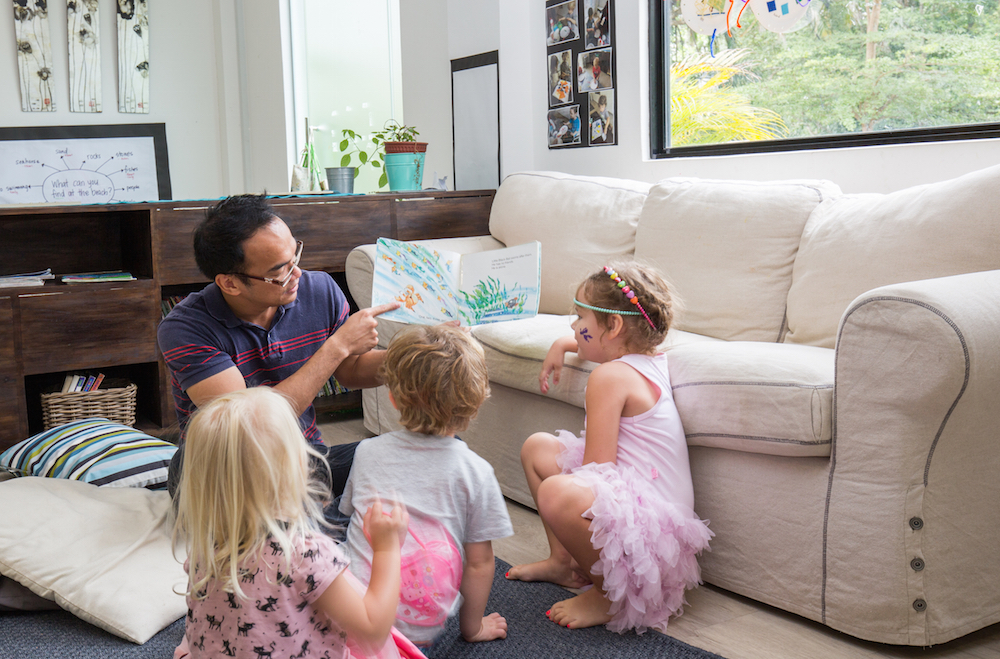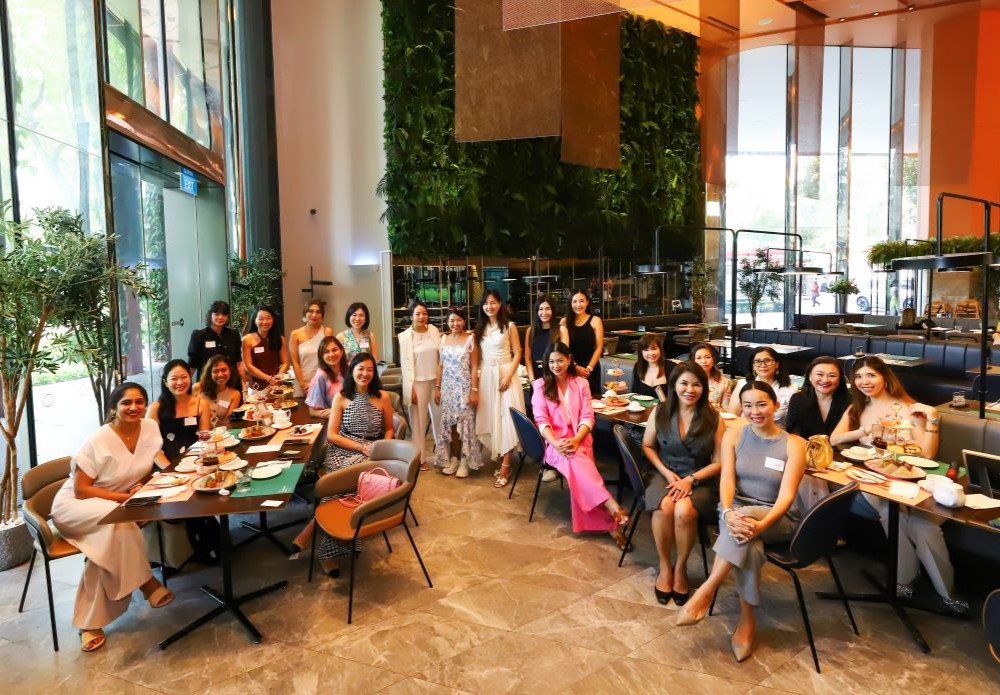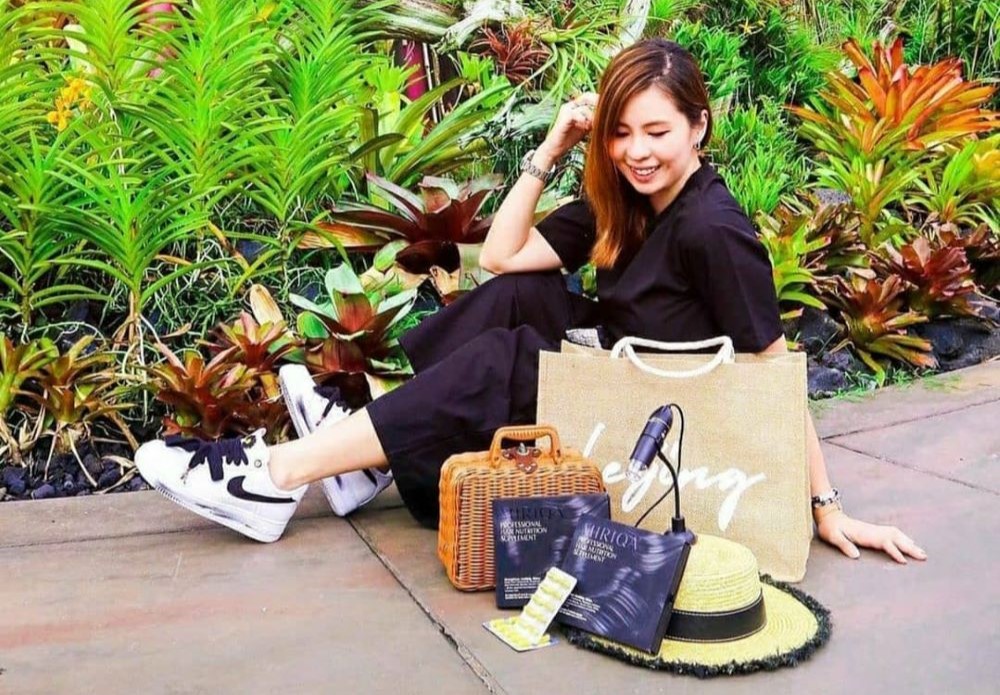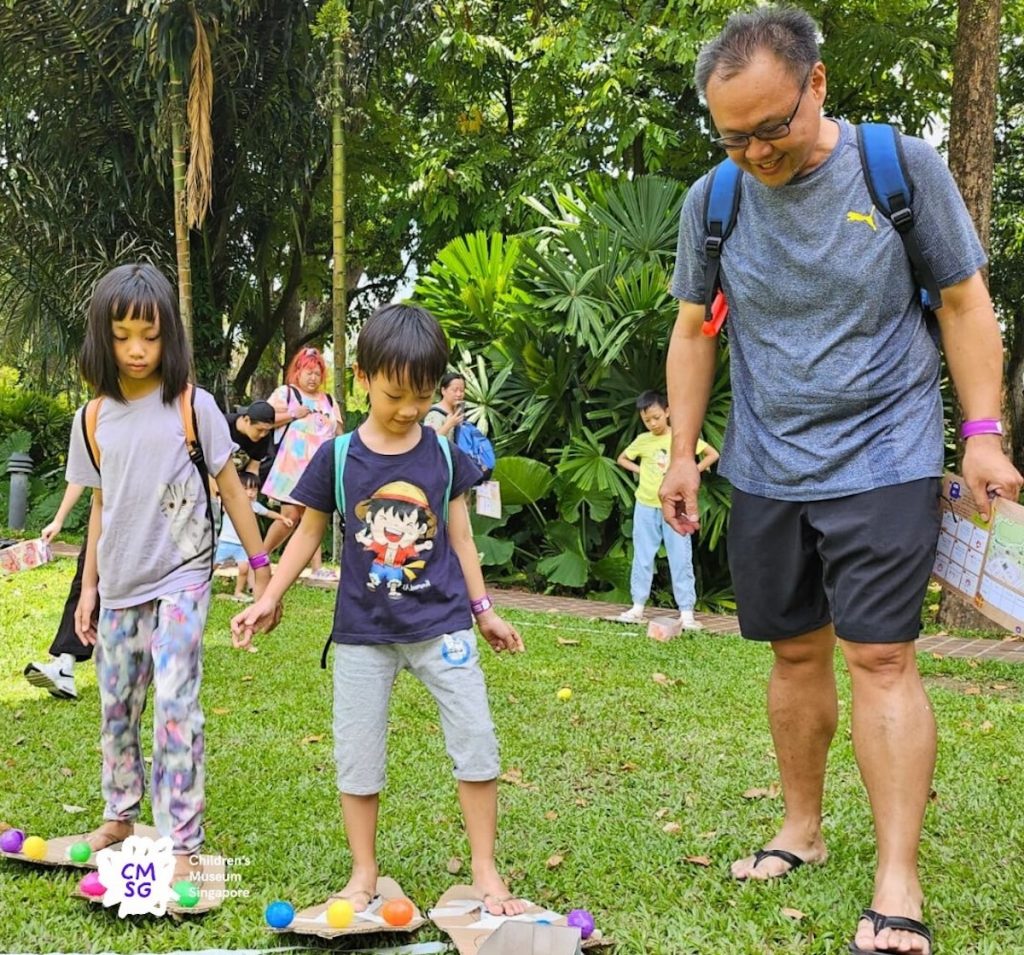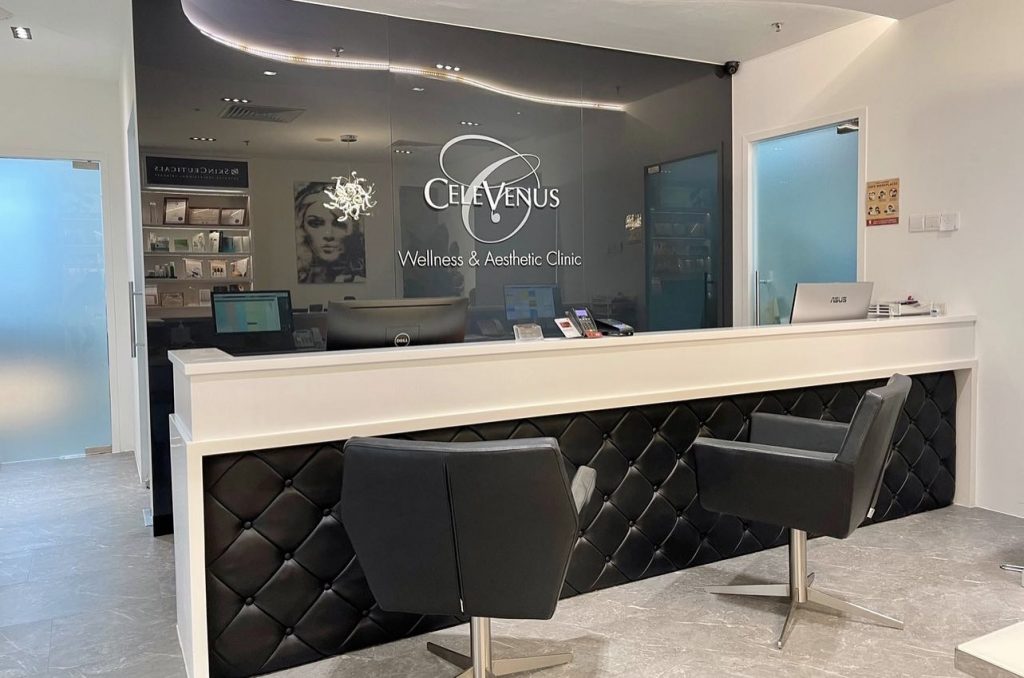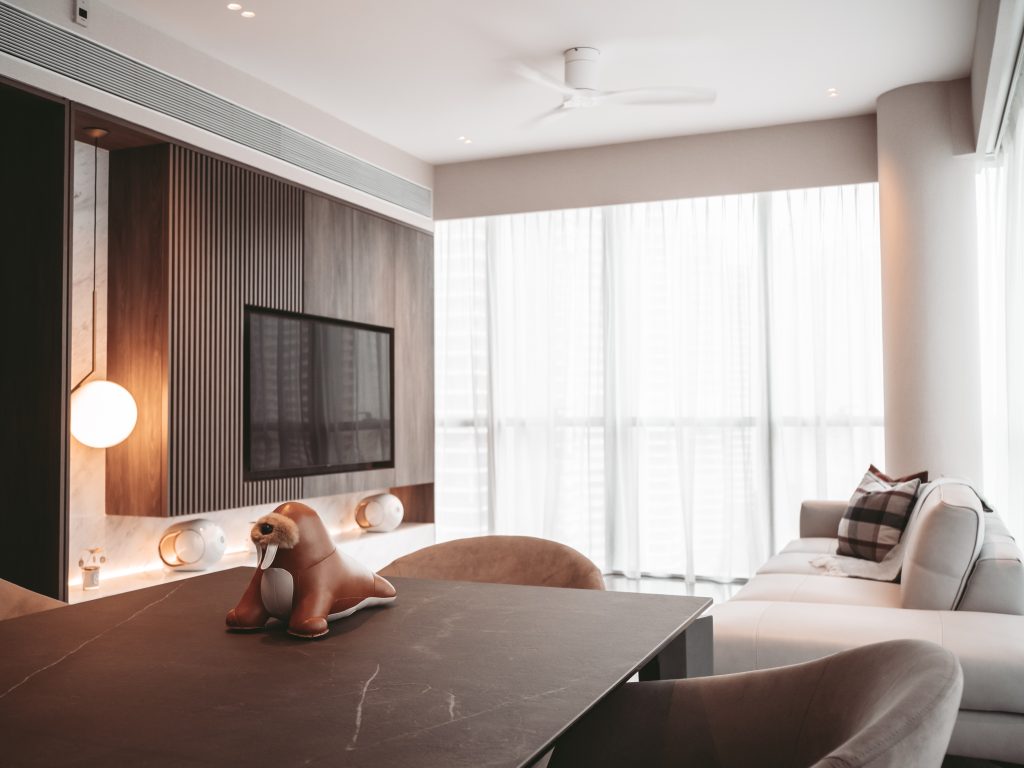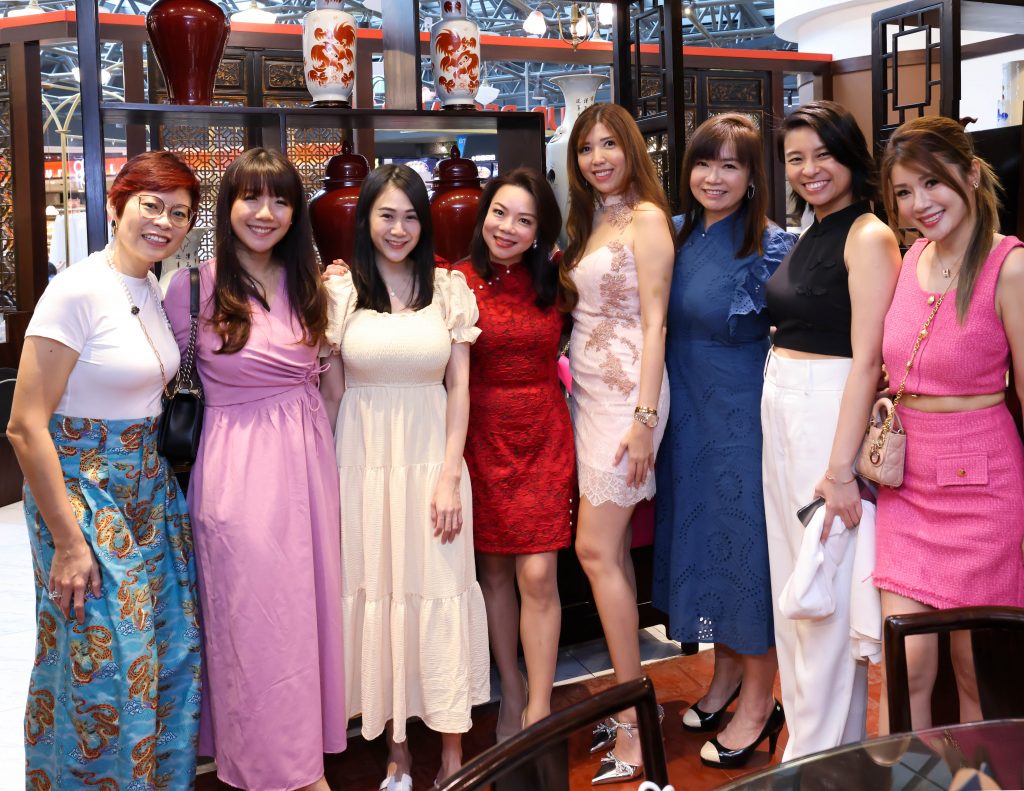‘Reggio Emilia’ has been a buzzword in the world of early-years education of late. A simple web search will bring up myriad pre-schools, and articles and photos about how to ‘do Reggio’. Here are five questions and answers that cut through the hype.
What is Reggio Emilia?
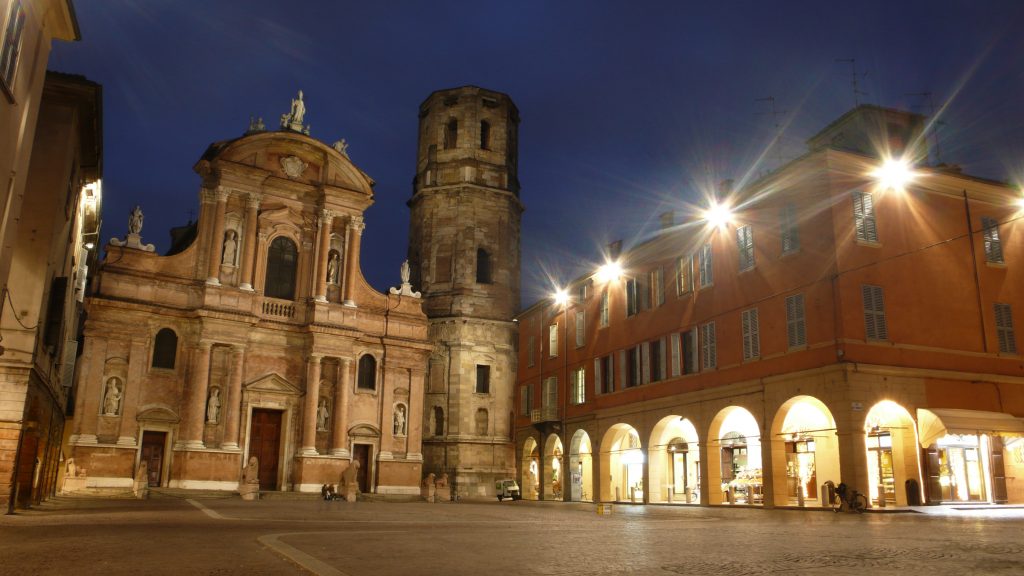
The short answer is it’s a city. After the Second World War, families in Reggio Emilia in northern Italy were eager for a democratic form of education that produced critical thinkers to rebuild their society. Loris Malaguzzi, a young educator heavily influenced by social-constructivist theories, founded what are now known as Reggio Emilia infant and toddler centres, and pre-schools. For more than 50 years, the practices of early-years programmes in Reggio Emilia have challenged the way educators think about young children’s learning.
What is it not?
Let’s get straight to it: it is not a curriculum; it is not a method; there are no training colleges that qualify teachers in a ‘Reggio Emilia approach’. Unlike methods such as Waldorf Steiner or Montessori, there is no such thing as a ‘Reggio Emilia school’ (except for those in the city of Reggio Emilia). Educators within Reggio Emilia itself strongly maintain their approach is unique to the cultural, historical and educational context of its roots and cannot be reproduced and exported as a product — you can’t ‘cut and paste’ it to your local suburban pre-school.
So, what is it?
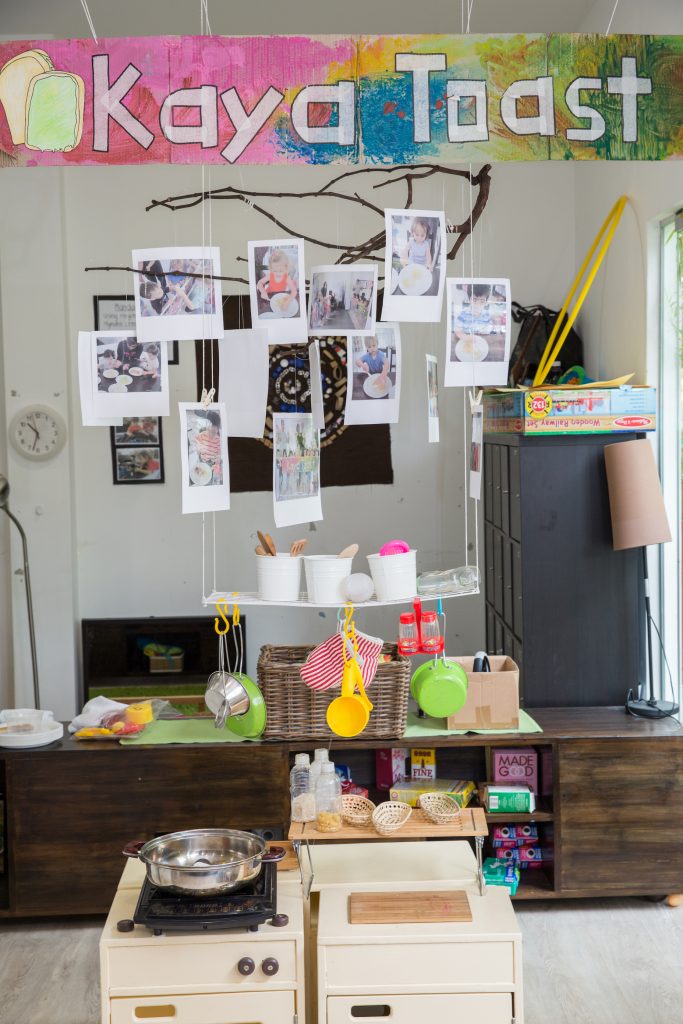
Rather than a way of ‘doing’, it is best described as a way of thinking. Education in Reggio Emilia schools is considered a complex relationship between children, families, the community, children’s place within the community and the values of society. At the centre of this is the perspective on children and their learning. Children are positioned as capable, with strategies and abilities, to engage and learn about the world from the moment of birth. Do you consider children as ‘empty vessels’, a ‘blank slate’ that needs to be filled, or do you consider the complex ways in which they already engage and communicate with the world and the people around them? How could this impact upon the way you interact with your child or choices about an early-years programme?
What does the learning environment look like?
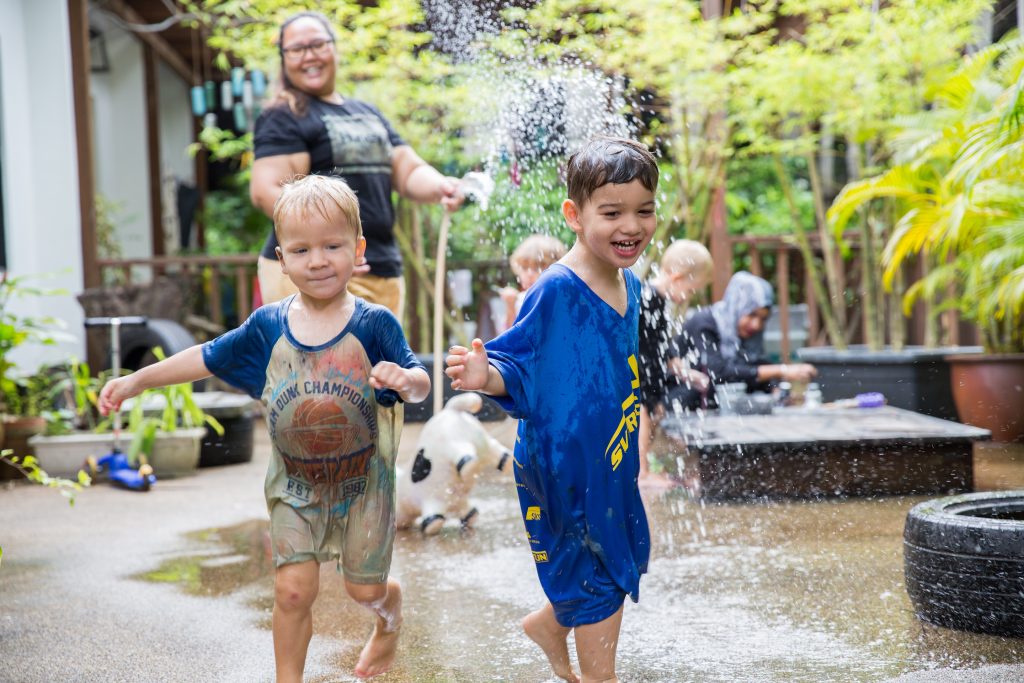
One of the biggest points of confusion about what makes a programme ‘Reggio’ involves the learning environment. A quick online search will fill your screen with beautiful photos of wood furniture; glass jars with single-hued contents; materials presented in baskets; polished stones; neutral colour schemes; and similar aesthetic elements. Unfortunately, a ‘checklist’ culture has resulted, so that a given programme is labelled and marketed as ‘Reggio’ if it presents this way. Don’t be fooled. While there is no doubt that order, beauty and the design of space is an important principle of practice (both in Reggio Emilia and within the broader early-years education sector), its primary function is to encourage interaction, autonomy, curiosity and relationships – not to just look pretty. The learning environment is constantly evolving and reflects the individual culture, families and projects of the local school and community. So the question is not around imitation but what works for your home, classroom or day-care environment.
Is ‘Reggio’ the way to go?
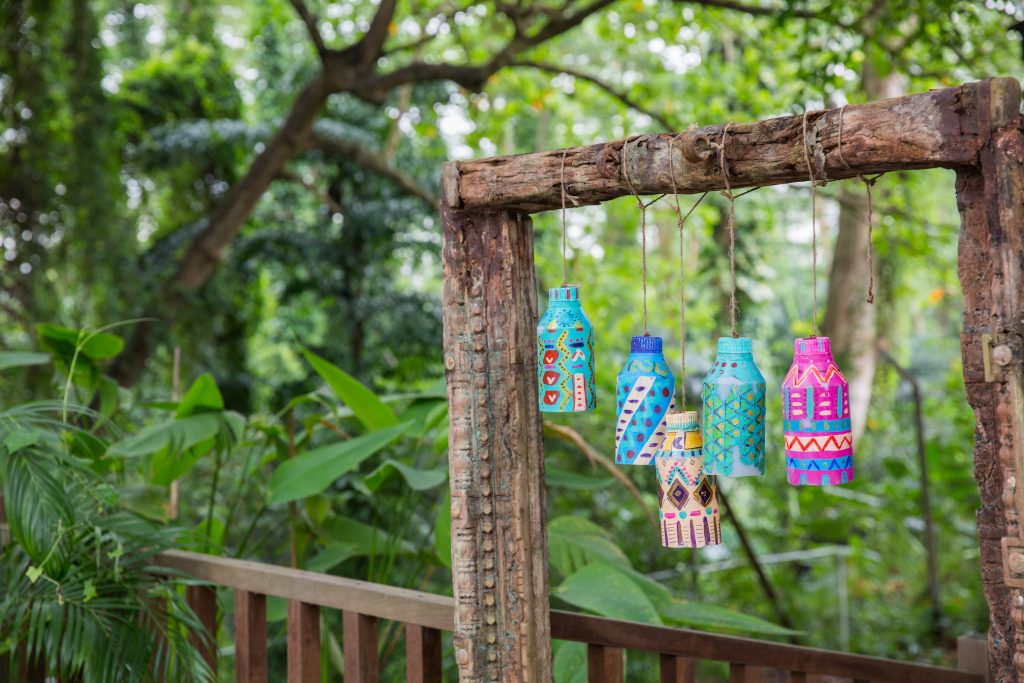
Learning and education choices involve big questions for all mums and dads, and, as with most of the important things in life, there is no one, all encompassing, way of doing things. Treat these questions like you would any other big decision: be open-minded; speak to experts in the industry; ask questions; read up; and decide as a family what is important and what you value most.
Kalliope Coplin is a Singapore-based early-years education consultant with more than 16 years of experience in the industry. In addition to conducting parent and teacher seminars, she is a lecturer for the Early Years Education degree programme at Australia’s JCU Singapore campus. Kalliope is also the senior education consultant at Tanderra, Singapore’s Family Members’ Club, overseeing its First Foundations play programme and enrichment activities. If you are interested in trying out Tanderra, a one- or two-month Festive Membership is available from now until 24 December. Find out more here.



